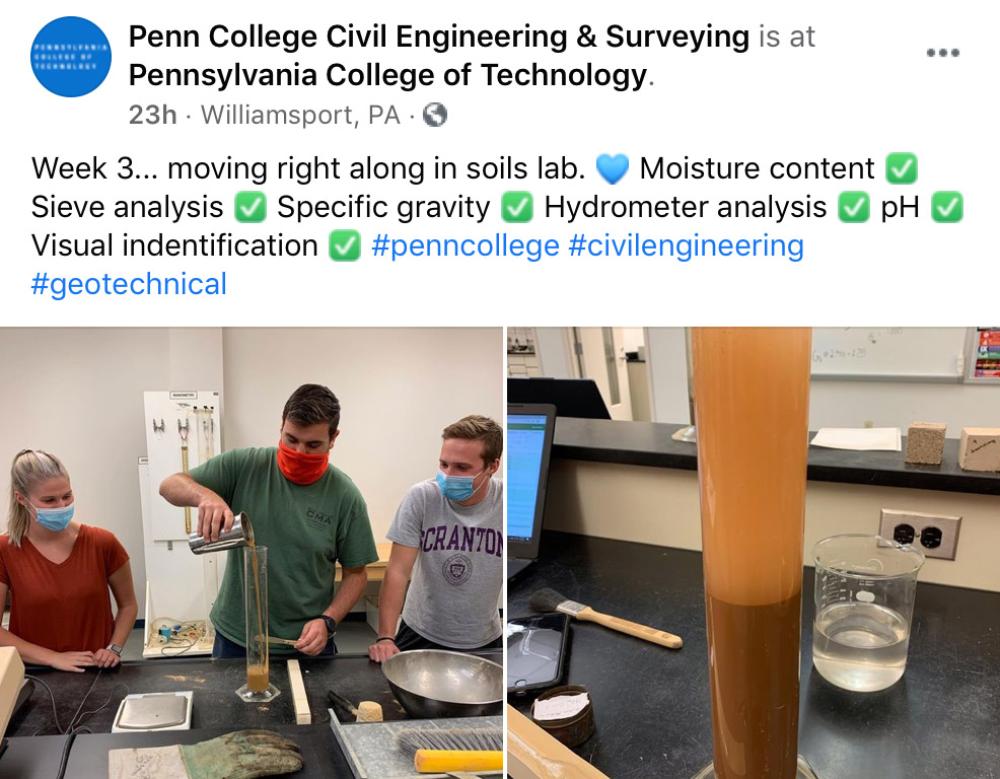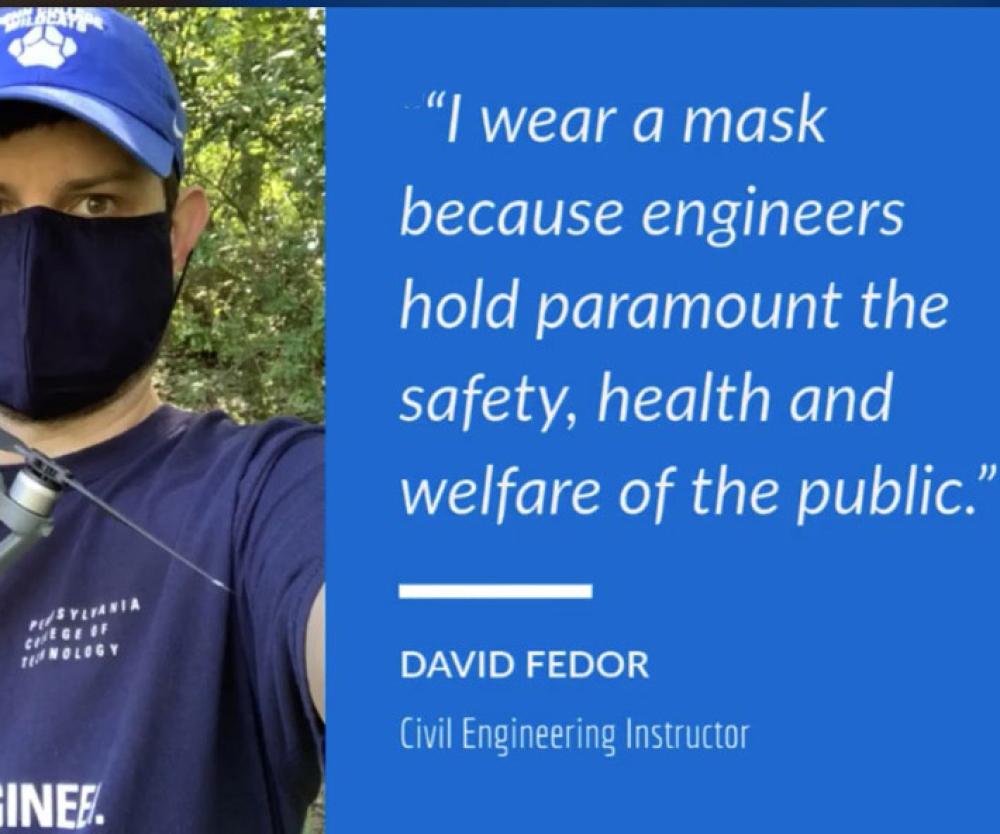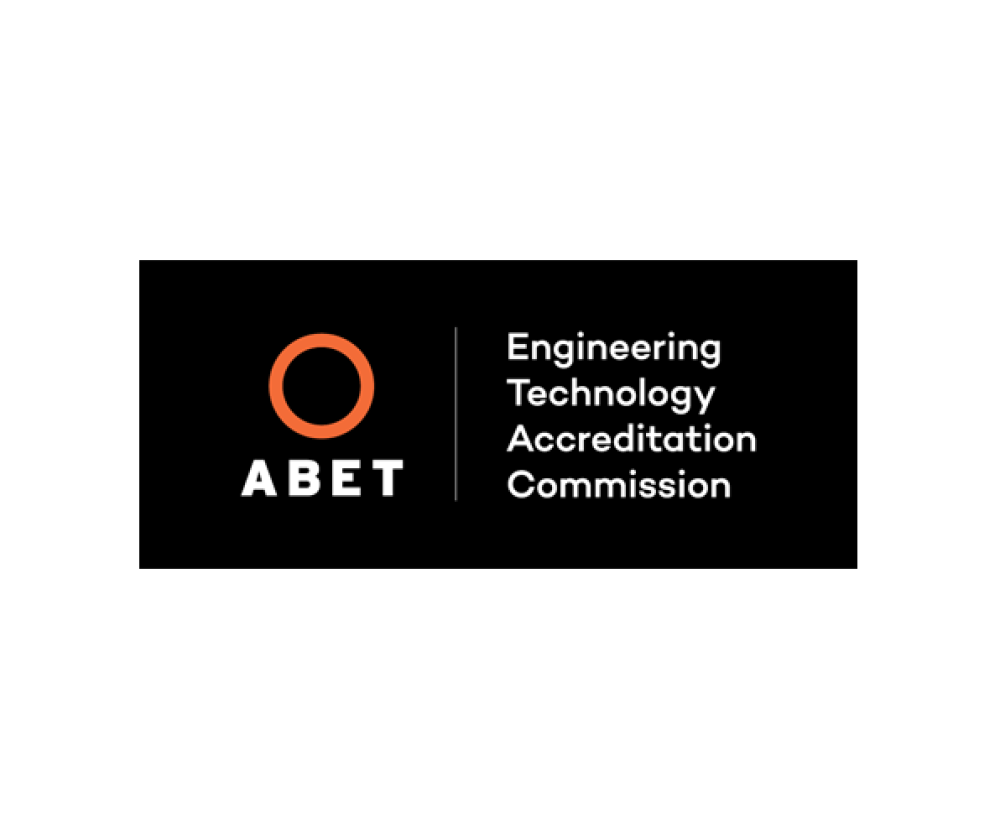David Fedor
- Faculty
- Civil Engineering
At Penn College, your instructors will know you by name. But they’ll do more than that. Take Assistant Professor David Fedor, for example. He’s 100% invested in student success. He’ll challenge you to think critically. Lend valuable industry insight for real-world impact. And push you to achieve your highest potential.

Q&A with David
WHEN DID YOU KNOW CIVIL ENGINEERING WAS THE CAREER FOR YOU?
It was when I was exploring majors and applying to colleges. The decision was informed by my life experiences to that point. Early in life I was interested in drawing, making, playing in the dirt, and construction equipment. I started to develop an early career interest in designing buildings from the aesthetic perspective. In high school I enjoyed calculus, physics, and chemistry the most. My main hobby probably was video games and computers. I played a lot of SimCity and taught myself to troubleshoot computer hardware and software issues.
WHAT ATTRACTED YOU TO CIVIL ENGINEERING?
When looking at programs and colleges, a secondhand source highly recommended through my mom that civil engineering would be the best field for me because the opportunities are so extensive. Basically, I was told that I would always be able to find a job and the people in civil engineering work together towards a common goal instead of competing against each other for self-interests.
HOW DOES THE CIVIL PROGRAM AT PENN COLLEGE STAND OUT FROM COMPETITORS?
Our faculty have both academic credentials and work experience directly related to the coursework that we teach. We hold professional licenses in our areas of expertise. We put a strong emphasis on academically advising and personally interacting with students. We focus on preparing our students to enter the workforce career ready by teaching with an applied technology approach.
HOW DO STUDENTS BENEFIT FROM THE THEORY + HANDS-ON APPROACH?
The advantage to our approach is that most jobs that exist in the real world of civil engineering and surveying are based on practical application of existing knowledge, not creating new knowledge. Many of our partners in the professions have told us that the learning curve on the job is less steep for a Penn College graduate than it is for a graduate from a theoretical institution because our graduates are very familiar with both the fundamental theory and the modern tools used to expedite work.
HOW DOES YOUR INDUSTRY EXPERIENCE BENEFIT STUDENTS?
My engineering background is in civil engineering materials and highway engineering. During graduate school I worked on a NCHRP project in a university research laboratory. I focused on instrumentation and data acquisition, or how to get sensors, machines, computers, and software to communicate with each other so that very accurate, precise, and sensitive measurements can be taken during tests on materials.
That experience is very helpful in our hands-on materials and soils lab courses at Penn College because it helps me to teach myself how to use sophisticated equipment and computer programs that I never used before. That allows me to continuously improve our curriculum by adding new technology and teaching my students how to use it.
WHY DO YOU THINK YOUR CIVIL ENGINEERING PROGRAMS HAVE A 100% PLACEMENT RATE?
Graduates of our civil engineering technology and surveying technology programs have choices. There are many career paths because these professions are very broad. Plus, our graduates are primarily taught to be problem solvers so that they can fill any role that their employer needs and they receive various levels of instruction across all these disciplines in our programs.
If people and civilizations exist, there will always be needs for civil engineers to create the infrastructure for our communities and for surveyors to provide geospatial data so that we can better understand our Earth.
Making Connections

Follow the fun on Facebook
When you're spending lots of time in the lab, doing what you love, it's only natural to want to share it with the world. David regularly posts activities via Facebook and Instagram . Head over to see the latest.
TAKING THE LEAD
Inspiring future civil engineers
David was recently recognized with the Excellence in Academic Advising award, an honor reserved for faculty who go the extra mile to help students realize their success.


Featured Video
Doing the right thing
Shortly after returning to campus this fall, students and faculty rallied to encourage the campus community to wear masks. David was among the many who participated in the "What is your why?" video.
Industry Partners
Programs
Civil Engineering Technology
Take the lead creating the infrastructure where we live, work, and play.
All Programs
Unsure which major is right for you? See all academic programs at-a-glance.

